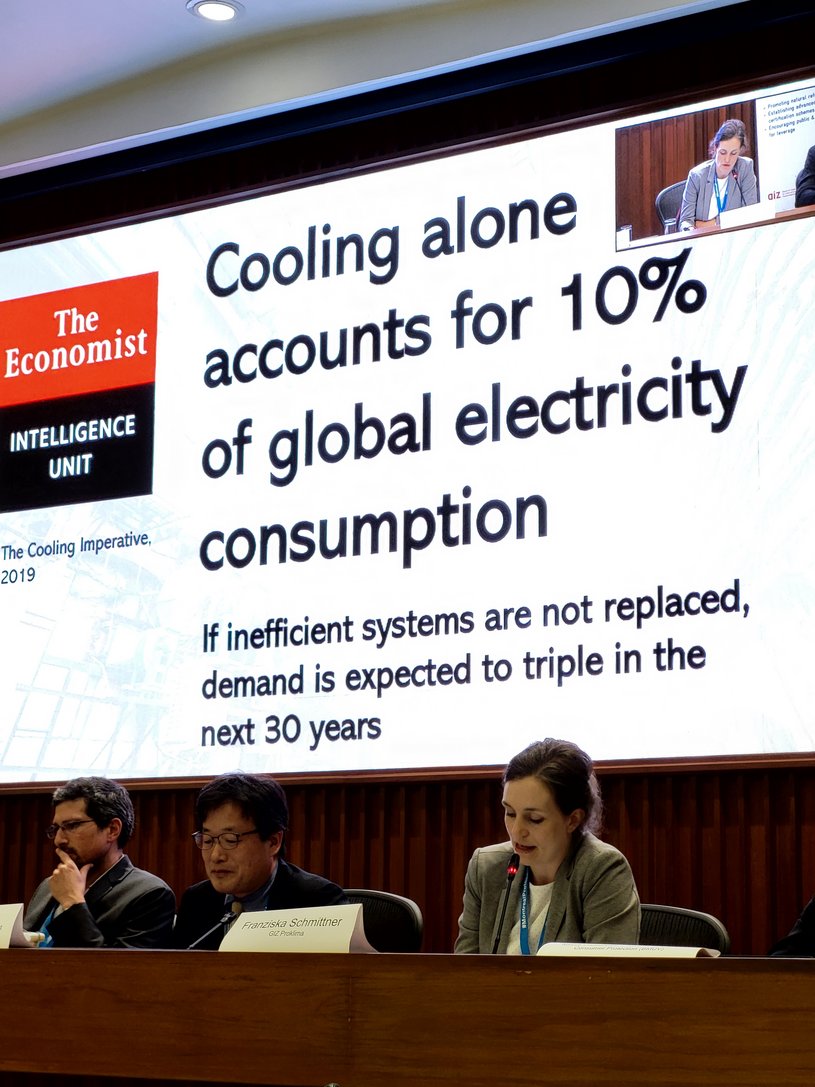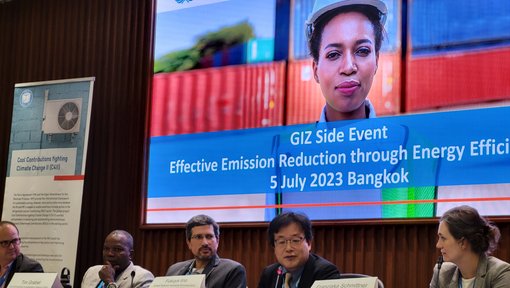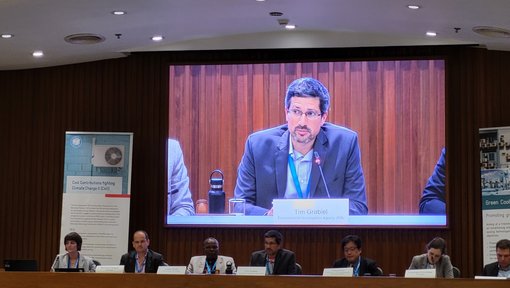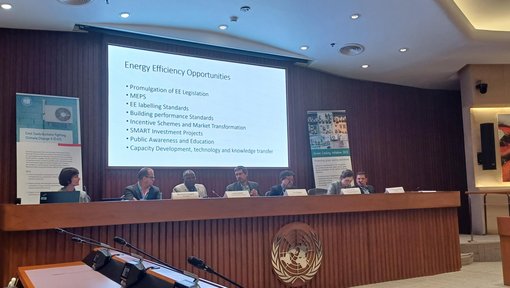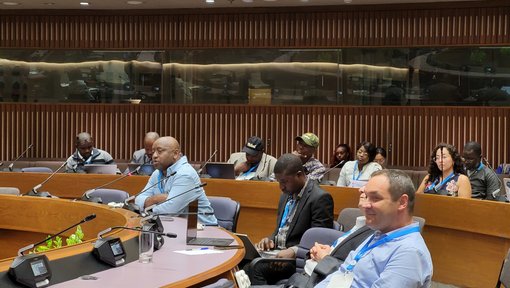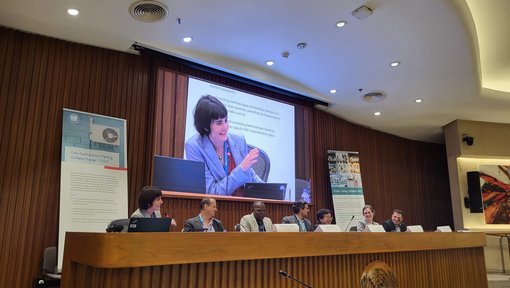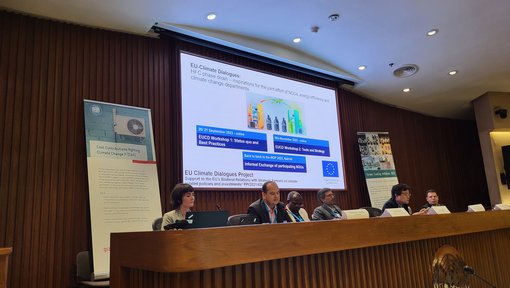Cooling accounts for about 10 % of global electricity consumption.1 And the demand is rising. Time for more energy efficiency! The current funding window of the Montreal Protocol opens opportunities to invest in this topic. Our side event provided examples for measures that can be taken.
Download the presentations and watch the recording below.
The speakers showed that a transition to energy efficient cooling and renewable energy sources is key to fight the climate crisis. The use of energy efficient appliances is crucial, nevertheless only a starting point. A first step is the mandatory establishment of minimum energy performance standards (MEPS) and in addition the information of consumers e.g. by eco-labels and awareness raising campaigns. “Labels and MEPS must be evaluated and renewed every couple of years to always ensure the use of the latest technologies”, explained Franziska Schmittner of GIZ Proklima. She continued: “Another important aspect is the choice of the refrigerant: natural refrigerants like hydrocarbons allow high energy efficient appliances and have no negative environmental impacts in comparison to fluorinated gases.”
The most energy efficient appliance, however, is not saving energy if it is not maintained and operated properly. According to a study about Energy Consumption in European Air Conditioning Systems, up to 52% of the energy conservation options lie in operation and maintenance. Maintenance includes, for example, that the correct charge of refrigerant is maintained, and that heat surfaces and filters are regularly cleaned and replaced. To save energy, users should make sure not to cool down to indoor temperatures that are extremely lower than the outside temperature and not to leave windows open while operating the AC. All speakers therefore stressed the importance of capacity building and awareness raising.
photo gallery
Leslie Smith, the National Ozone Officer (NOU) from Grenada, pointed out that the lowest energy consumption can be achieved by not depending on electric appliances at all. Shading, revegetation and architecture that provides a natural breeze play an important role for achieving Green Cooling.
The current funding window on energy efficiency of the Multilateral Fund of the Montreal Protocol allows countries to implement projects that drive this important topic. Fukuya Iino of the United Nations Industrial Development Organization (UNIDO) presented the current possibilities and eligibility criteria. Tim Grabiel of the Environmental Investigation Agency (EIA) and Leslie Smith gave practical examples and advice of how the funding window can be used.
photo gallery 2
The side event was organized by Cool Contributions Fighting Climate Change (C4 II) and the Green Cooling Initiative (GCI III) (opens in a new window). Both projects are funded by the German Ministry for the Environment, Nature Conservation, Nuclear Safety and Consumer Protection (BMUV) in the Framework of the International Climate Initiative (IKI).
1 The Cooling Imperative - Economist Intelligence Unit (eiu.com)
Download the presentations
Watch the Recording
This video is being blocked because of your cookie settings.

